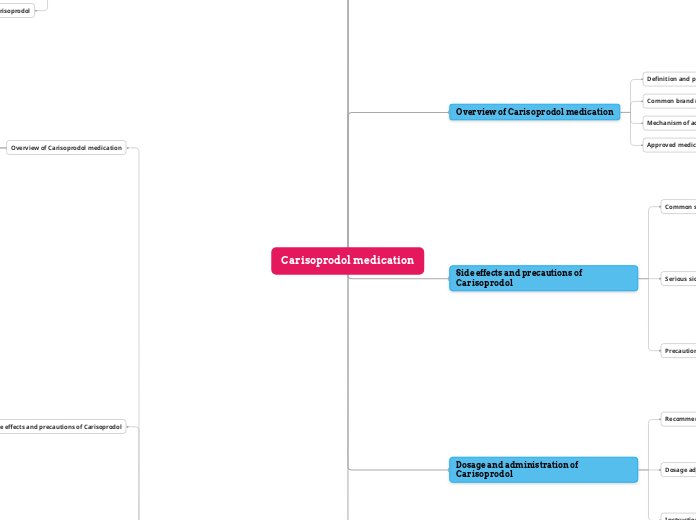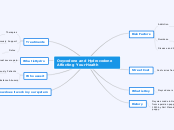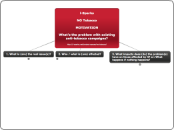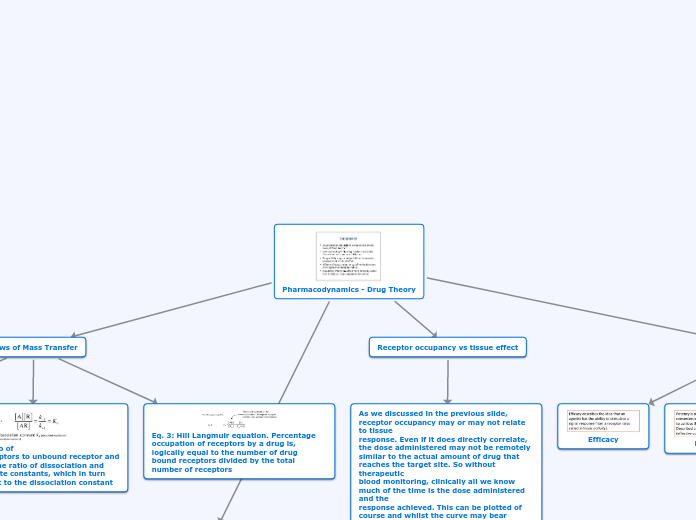Carisoprodol medication
Detailed breakdown
Medical supervision and support can provide guidance and assistance throughout the discontinuation process to ensure safety and comfort
To minimize withdrawal symptoms
Carisoprodol should be gradually tapered off under medical supervision
Muscle aches and tremors are common withdrawal symptoms associated with Carisoprodol
Individuals may experience difficulty sleeping and restlessness during withdrawal
Withdrawal from Carisoprodol may result in feelings of anxiety and irritability
Misuse of Carisoprodol is illegal and poses significant risks to individuals
including overdose and respiratory depression
Carisoprodol is often misused in combination with other substances
to enhance the sedative effects
such as opioids or benzodiazepines
Signs of Carisoprodol addiction may include cravings
and neglect of responsibilities
loss of control
Carisoprodol is classified as a Schedule IV controlled substance due to its potential for abuse and dependence
Tablets should be swallowed whole with a full glass of water and should not be crushed or chewed
Carisoprodol may be taken with or without food
but taking it with food can help reduce stomach upset
Patients with liver or kidney impairment may require dosage adjustments to prevent drug accumulation and potential toxicity
Lower doses may be necessary for elderly patients due to the increased risk of side effects
The maximum recommended daily dosage is 1400 mg
The typical starting dose is 250 to 350 mg taken three times a day
Carisoprodol is not recommended for use during pregnancy or while breastfeeding due to potential risks to the fetus or infant
Carisoprodol may interact with other medications
leading to increased sedation
such as opioids or sedatives
Carisoprodol should be avoided in individuals with a history of porphyria or hypersensitivity to the drug
Rapid heartbeat or confusion may indicate a serious adverse reaction to the medication
Any difficulty breathing or chest pain should be reported to a healthcare provider immediately
Rare cases of severe allergic reactions
may occur
such as rash or swelling
Nausea and vomiting are potential side effects of Carisoprodol
Some individuals may develop headaches or experience blurred vision
Patients may experience drowsiness or feel lightheaded
Carisoprodol is primarily used as a short-term treatment for acute musculoskeletal pain
It enhances the inhibitory effects of GABA receptors in the brain
Carisoprodol acts on the central nervous system to produce muscle relaxation
Available in tablet form
Common brand names include Soma and Vanadom
Carisoprodol is a muscle relaxant that works by blocking pain sensations between the nerves and the brain
Withdrawal symptoms and discontinuation of Carisoprodol
Tapering off and discontinuing Carisoprodol
Medical supervision and support during withdrawal process
Gradual reduction of dosage
Symptoms of Carisoprodol withdrawal
Muscle aches and tremors
Insomnia and restlessness
Anxiety and irritability
Potential risks and abuse of Carisoprodol
Misuse and recreational use of Carisoprodol
Legal and ethical concerns surrounding misuse
Combination with other substances for enhanced effects
Risk of addiction and dependence
Signs and symptoms of addiction
Carisoprodol as a controlled substance
Dosage and administration of Carisoprodol
Instructions for administration
Swallowing tablets whole with water
Taking Carisoprodol with or without food
Dosage adjustments for specific populations
Patients with liver or kidney impairment
Elderly patients
Recommended dosage for adults
Maximum daily dosage
Initial dose and frequency of use
Side effects and precautions of Carisoprodol
Precautions and warnings for Carisoprodol use
Safety considerations for pregnant or breastfeeding women
Potential interactions with other medications
Contraindications for certain medical conditions
Serious side effects
Rapid heartbeat and confusion
Difficulty breathing and chest pain
Severe allergic reactions
Common side effects
Upset stomach and vomiting
Headache and blurred vision
Drowsiness and dizziness
Overview of Carisoprodol medication
Approved medical uses for Carisoprodol
Mechanism of action and how it works in the body
Common brand names and forms of Carisoprodol
Definition and purpose of Carisoprodol
Main topic









